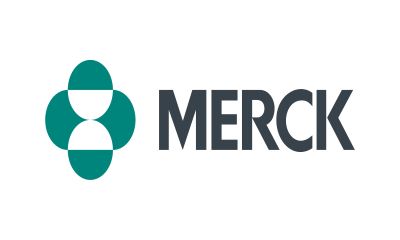Based on a subgroup analysis by PD-L1 expression from KEYNOTE-811, Merck is working with the US FDA to update the current indication for KEYTRUDA in HER2-positive gastric or GEJ adenocarcinoma

Merck announced that the Phase 3 KEYNOTE-811 trial investigating KEYTRUDA, Merck’s anti-PD-1 therapy, in combination with trastuzumab and chemotherapy met one of its dual primary endpoints of progression-free survival (PFS) for the first-line treatment of human epidermal growth factor receptor 2 (HER2)-positive advanced gastric or gastroesophageal junction (GEJ) adenocarcinoma.
At a pre-specified interim analysis conducted by an independent Data Monitoring Committee, KEYTRUDA in combination with trastuzumab and chemotherapy demonstrated a statistically significant improvement in PFS compared to placebo in combination with trastuzumab and chemotherapy in the intention-to-treat (ITT) study population.
Based on a pre-specified subgroup analysis by PD-L1 expression, the improvement in PFS observed in the ITT population was limited to patients whose tumors were PD-L1 positive (Combined Positive Score [CPS] ≥1). In the study, more than 80% of patients had tumors that were PD-L1 positive. Merck has discussed these findings with the U.S. Food and Drug Administration (FDA) and is working with the FDA to update the current indication for KEYTRUDA in HER2-positive gastric or GEJ adenocarcinoma to those patients whose tumors are PD-L1 positive. In addition, these results will be presented at an upcoming medical meeting and shared with regulatory authorities worldwide.
“These new data from KEYNOTE-811, demonstrating a significant improvement in progression-free survival, are meaningful and build on the earlier insights from this study that supported the accelerated approval of this KEYTRUDA combination in the U.S. for certain patients with HER2-positive gastric or GEJ adenocarcinoma,” said Dr. Scot Ebbinghaus, vice president, global clinical development, Merck Research Laboratories. “We look forward to sharing these results with the medical community and regulatory authorities to ensure this KEYTRUDA-based regimen is available to appropriate patients, and we are working with the FDA to update the current indication for KEYTRUDA to those patients whose tumors are PD-L1 positive.”

Subscribe To Our Newsletter & Stay Updated